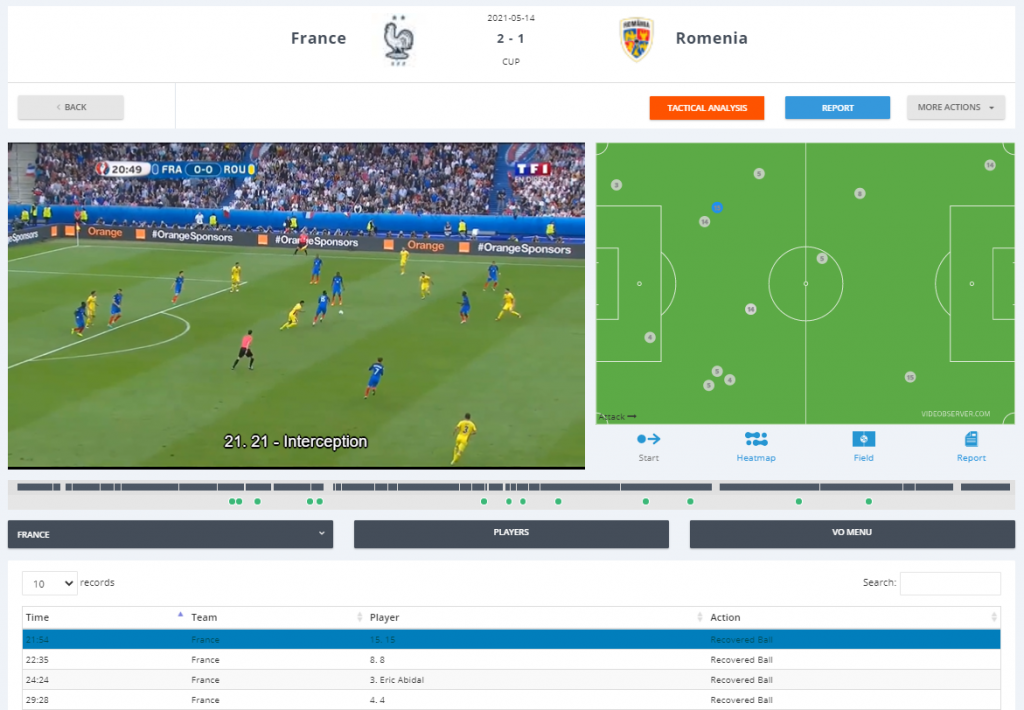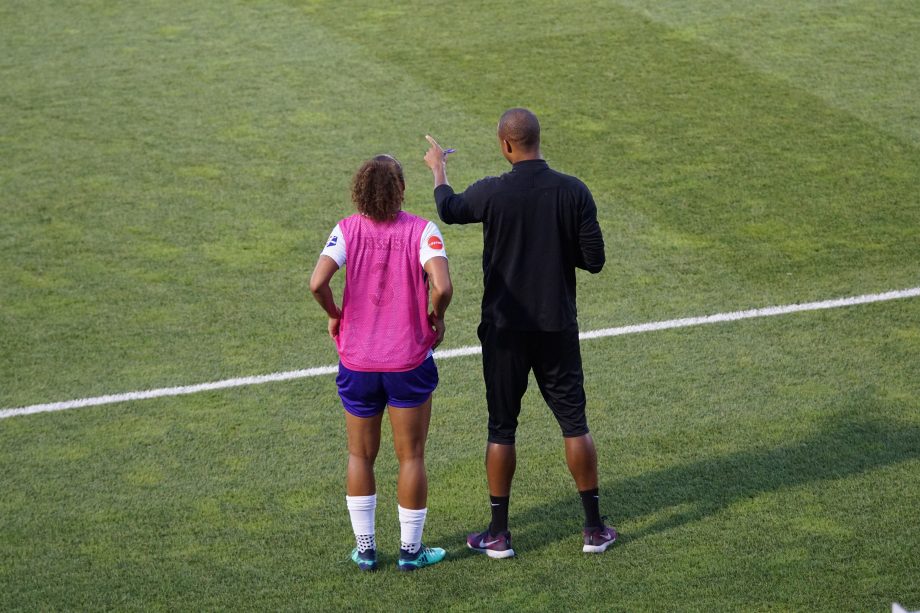Welcome to our last article of July, which means the last article about the off-season. So far, we’ve covered topics like evaluating performance, not letting yourself have a biased and subjective overview about performances, having a database of information or data about your season to look back at it in an analytical way. All these things look back to the past to have a better future, mostly by understanding what needs to be done for the new season, which can be thought as a good step to start evaluating your coaching philosophy.

As covered last week, I will be writing about something I find essential to not only create my coaching philosophy (in the off-season), but also to evaluate it during the season: Key Performance Indicators, or KPI’s. Yes, it is a long name for something that can be very basic like game stats, but the value of KPI’s is that they are the stats YOU want/need for your coaching philosophy and principles. Yes, in a soccer game you can have access to the number of shots, passes or possession, but are those three main stats related to what you coach during the week, or are they just the outcome of what players do/don’t do in a game? If you like your team to be pressing, aggressive and not allowing the opponents to have time in possession how are you evaluating it in games? Going back to the first articles, is it all based on what you feel during/after a game, or are you actually measuring the number of times you steal the ball or deflect it in your attacking half/court? Again, what makes it a good defensive performance for you? I’ll have a challenge for your off-season then: go re-watch what you think was the best game of your previous season, chose 5 different actions of the game that are key principles of your coaching philosophy and count how many times your team completed those actions. Call this your “perfect game”, and during pre-season compare your friendly games’ actions with that perfect game to see how far you are from a good team performance.
This is just part of what KPI’s can do for you. During the season, when the time to practice is limited, we can compare games based on the KPI’s, track all the actions or metrics we want and see how we are developing, what needs to be worked during practice and it’s also a good way to show your players what they did good/bad apart from results ((something I value a lot when using VO Sports’ stats and software which massively impacts player and team development). Test your KPI’s, adjust them, but I am sure that with video and your customized data and metrics your analysis will allow you to have a better idea about how good your performances were, and how you are using your time during the off-season to improve those performances during the season. Thank you for following this journey, next month we will talk about a new topic.

